Assessing Learning; quite often parents that choose to home educate will be questioned on how they assess their children and how they know that the children are in fact learning. While traditional exams have long been the standard measure of academic achievement in public schools, they do not provide an accurate reflection of a child’s true capabilities and knowledge. In fact, traditional exams have several drawbacks that make them less than ideal for assessing home-educated or public schooled children. Before I discuss these issues I want to provide some background on what my experience is with traditional assessment methods and then finish by examining some alterative autherntic assessment methods.
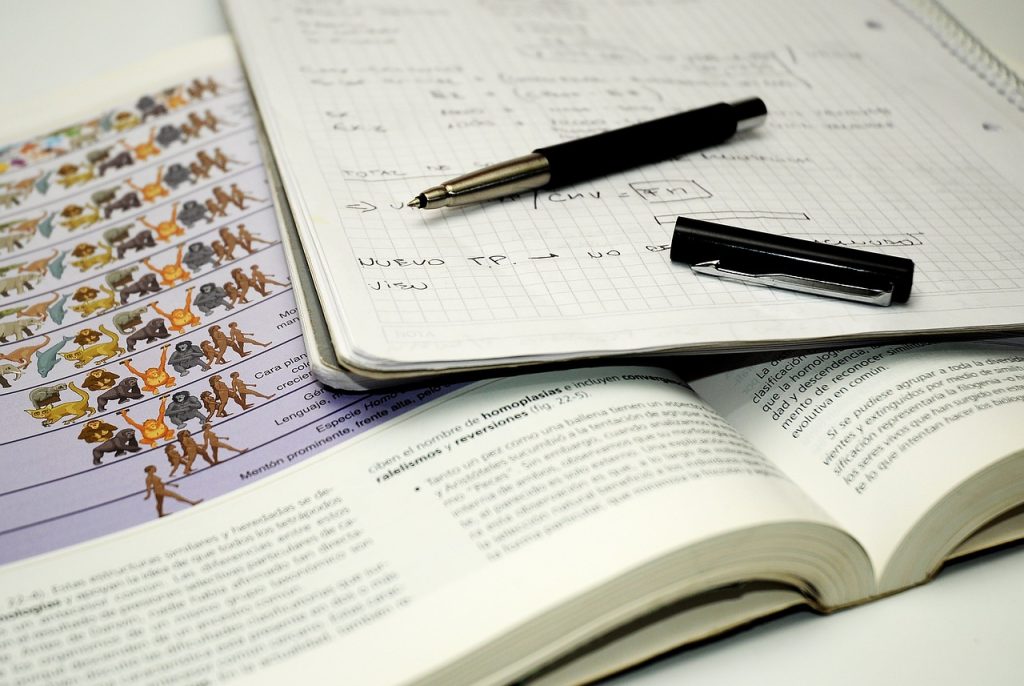
This post contains affiliate links, which means Barefoot Bliss and Books make a small commission at no extra cost to you. See the full disclosure here.
My Experience in Assessing Learning
Prior to becoming a full-time Home Educating mum I was a Teaching Fellow at University teaching students Computing Science modules. As part of my diploma in education I undertook research into alternative assessment methods. This research led me to question how university students were being assessed and if the traditional assessment methods were inclusive. I feel that this research should be applied to all young people and that the downfalls of traditional assesssments methods needs to be examined and addressed.
I have had an interest in education and learning for as long as I can remember: my passion for learning stems from my parents and especially my mother who was a trainer. Even in secondary school I was interested in finding innovative ways to learn and revise for my exams from simple lists, flash cards and note taking to more complex methods such as mind mapping, word clouds of keywords and concept mapping. But all this studying did not lead to my mastering all of those subjects it was simply a means to passing the test, so you have to ask yourself what was I learning?
My influences expanded once I became a parent and started to learn more about educating children. People who have influenced my opinions in recent years include Maria Montessori, Jean Liedloff, John Holt and Jean Piaget. This has led me to the opinion that learning is an active process, that children should be encouraged to become independent learners and be provided with experience-based learning opportunities and that the teachers should be facilitators to learning, focusing on a learner-centred approach.
Education is the kindling of a flame, not the filling of a vessel
Socrates
Traditional Assessment Methods
Traditional assessment methods typically involve standardised tests, quizzes, and exams that focus on measuring students’ knowledge and understanding of specific content or skills. These assessments often rely on multiple-choice questions, short-answer responses, and essay writing to evaluate students’ comprehension, retention, and application of material covered in class. Traditional assessments are typically administered under controlled conditions and graded according to predetermined criteria or rubrics.
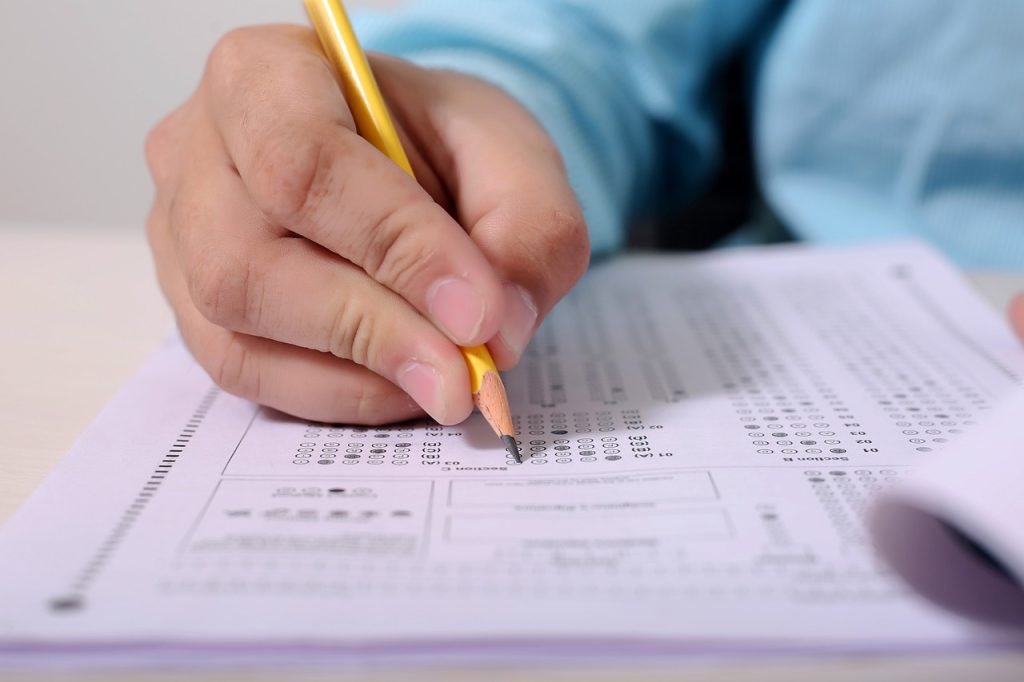
While they provide a standardised means of evaluating student performance, traditional assessment methods often rely on testing formats that do not accommodate diverse learning styles, preferences, or abilities. This can result in unfair assessments and inaccurate representations of a child’s progress. Traditional exams typically focus on rote memorisation and regurgitation of facts, rather than critical thinking, problem-solving, and creativity. This narrow focus fails to capture the full range of a child’s abilities and strengths. Additionally, they can create a high-stress environment that may hinder rather than facilitate learning. Fear of failure and performance anxiety can negatively impact a child’s ability to demonstrate their true understanding and potential. Despite these limitations, traditional assessment methods remain widely used in educational settings due to their ease of administration and familiarity.
Tell me and I’ll forget. Show me and I may remember. Involve me and I learn.
Benjamin Franklin
Authentic Assessment
Authentic assessment is a method of evaluating students’ learning that emphasises real-world tasks, meaningful activities, and holistic understanding. Unlike traditional assessments that rely on standardised tests or exams, authentic assessment seeks to capture students’ knowledge, skills, and abilities in contexts that mirror the complexities of everyday life. This approach often involves performance-based tasks, projects, portfolios, and observations that allow students to demonstrate their understanding through authentic, relevant, and meaningful tasks. Authentic assessment encourages critical thinking, problem-solving, creativity, and collaboration, providing a more accurate and comprehensive picture of students’ capabilities and readiness for real-world challenges. By aligning assessment with authentic learning experiences, educators can better support students’ growth and development while fostering a deeper and more meaningful understanding of the subject matter.
Authentic Assessment Methods
If you choose to assess your children then these are some of the alternatives to traditional assessment methods:
- Project-Based Assessments: consider incorporating project-based assessments that allow children to demonstrate their understanding through hands-on projects, presentations, and creative endeavors. Projects can provide a more holistic and authentic assessment of a child’s skills, knowledge, and abilities.
- Portfolios and Journals: Maintain portfolios or learning journals where children can document their learning experiences, achievements, and reflections. Portfolios offer a comprehensive record of a child’s educational journey and provide valuable insights into their growth and development over time.
- Narrative Assessments: Use narrative assessments, such as written narratives or verbal discussions, to evaluate a child’s progress and understanding. Narrative assessments allow for personalized feedback and meaningful dialogue between parents and children about their learning experiences.
- Observational Assessments: Observational assessments involve observing children’s behavior, interactions, and problem-solving abilities in real-life situations. By observing children in various contexts, parents can gain valuable insights into their learning preferences, strengths, and areas for growth.
- Interest-Led Learning: Embrace interest-led learning approaches that allow children to pursue their passions, interests, and curiosities. By following children’s interests, parents can tailor learning experiences to their unique needs and foster intrinsic motivation and engagement.
Education is not the learning of facts. It’s rather the training of the mind to think
Albert Einstein
Questioning the Need for Assessment:
Amidst discussions about assessing home-educated children, it’s crucial to pause and consider whether assessment is necessary at all. While assessment can provide insights into a child’s progress and learning, it’s essential to question whether the emphasis on assessment detracts from the joy of learning and exploration. In a world that often measures success solely in terms of grades and test scores, we must ask ourselves whether assessment truly reflects the richness and diversity of a child’s learning journey. Perhaps the most profound learning occurs when children are given the freedom to explore, experiment, and discover without the pressure of assessment looming overhead. By shifting our focus from assessment to fostering a love of learning and supporting children’s natural curiosity and intrinsic motivation, we may find that the most meaningful forms of assessment emerge organically from within the learning process itself. As parents and educators, let us challenge the assumption that assessment is the be-all and end-all of education and instead prioritise creating nurturing environments where children can thrive, grow, and develop a lifelong love of learning.
This lifystyle could be classified as Unschooling and if that interests you then you may like to read my review of “Home Grown” by Ben Hewitt; “One of the most intriguing aspects of “Home Grown” is Hewitt’s exploration of unschooling, a homeschooling approach that prioritises self-directed learning and real-life experiences over traditional curriculum. Through anecdotes and reflections on his children’s education, Hewitt illustrates the richness and depth of learning that can occur outside the confines of a classroom.”
What If I Don’t Want To Assess My Home Educated Child?
In a home education environment, some parents may choose not to assess their children, preferring instead to focus on fostering a love of learning, exploration, and personal growth. This approach recognises that assessment, particularly in traditional forms, can sometimes create unnecessary pressure, anxiety, and competition, detracting from the joy and intrinsic motivation that should accompany learning. By eschewing formal assessment, parents can create a more relaxed and supportive learning atmosphere where children are free to pursue their interests, curiosity, and passions without the fear of judgment or failure. Moreover, without the constraints of assessments, children have the freedom to explore topics deeply, engage in hands-on experiences, and develop critical thinking and problem-solving skills at their own pace. This child-centered approach to education emphasises holistic development, creativity, and self-discovery, allowing children to thrive and flourish in a nurturing and empowering learning environment.
In conclusion, it is up to each individual home educating family as to whether they take part in any form of assessment. If you do decide to assess then you have so many options that can replace the traditional standardised testing in place in schools. By embracing alternative assessment methods such as project-based assessments, portfolios, narrative assessments, observational assessments, and interest-led learning, parents can gain a comprehensive understanding of their children’s learning and development. Ultimately, the goal is to create a supportive and nurturing environment where children can thrive, grow, and reach their full potential, regardless of how and if their learning is formally assessed.
HOME EDUCATION FAQS SERIES
This post is part of a series of Frequently Asked Questions concerning Home Education in the UK. If you are new to Home Education, are considering it in the future or you know people who Home Educate then reviewing the list of FAQs can be a good place to start. You may also be interested in be notified when my Home Education FAQs Ebook is published and if so please sign up below to be added to the list.
FURTHER READING ON HOME EDUCATION
Read more in some of my Favourite Home Education Books:
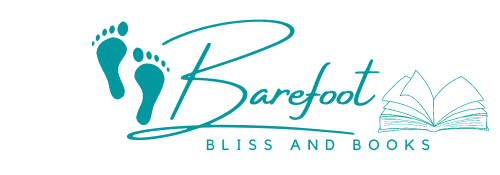
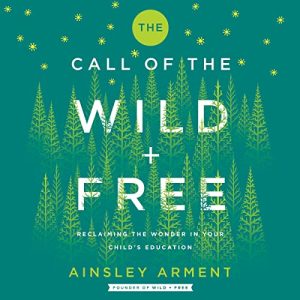
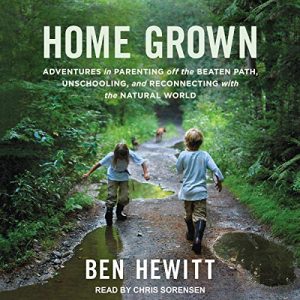
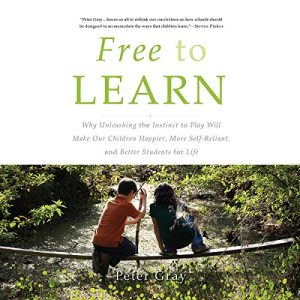
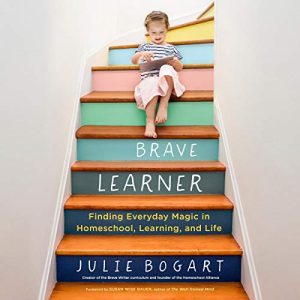
[…] Home schooling generally refers to the practice of educating children at home while emulating the school environment. This can include implementing a dedicated or widely adopted standard curriculum purchased from a home school provider. The curriculum, can alternatively, be designed by the parents or guardians. In this context, the term “home schooling” is often used to describe a more structured and formal approach to home education. The focus in home schooling may lean towards replicating a traditional school environment. This can include adopting a strict routine, set holidays, defined curriculum, educational textbooks, and regular assessments. […]